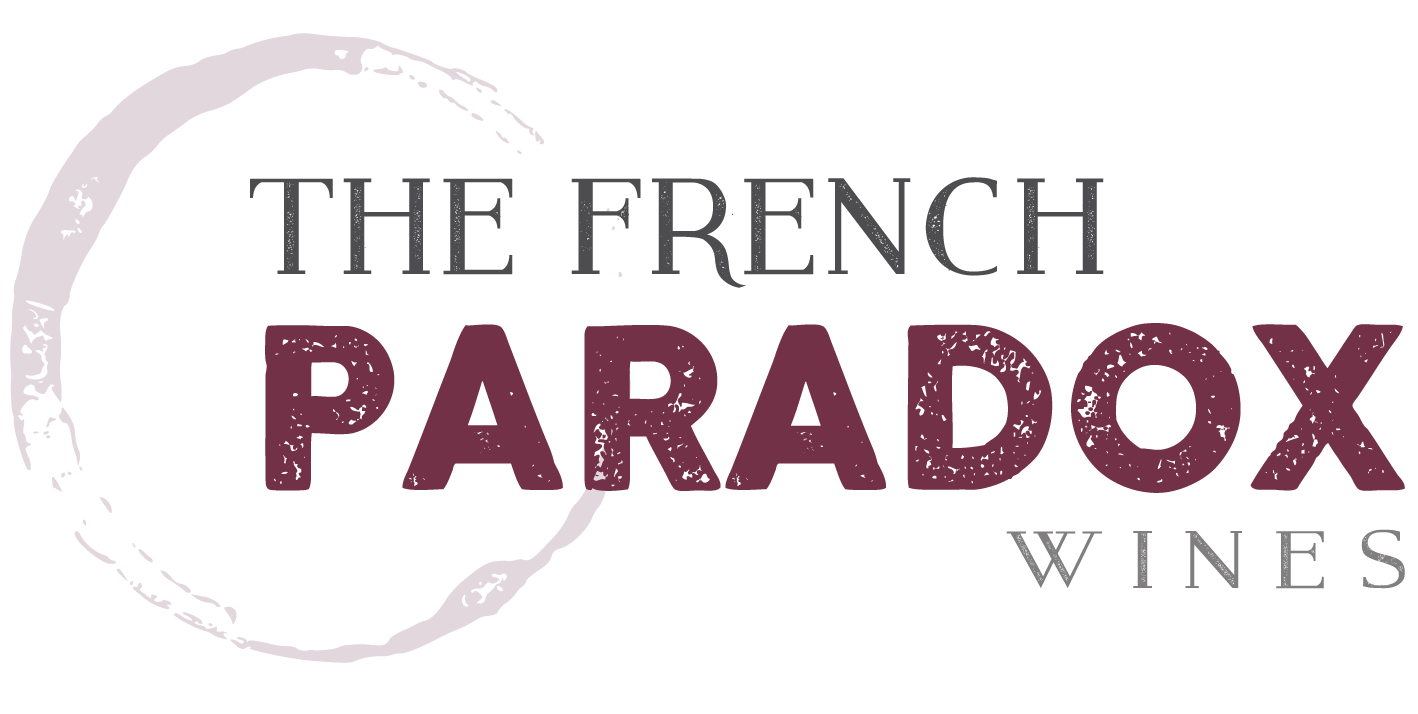It seems that in the modern hierarchy of wines, the three most damaging characteristics that can be assigned to a wine are: thin, sweet and white.
Frankly, this is patently ridiculous, especially since many (if not most) of the ‘prized’ wines (red and thick) are also sweet (how do you think that they got thick?).
But today, I want to address the notion that think, concentrated wines are, by their very nature, better wines that lighter, less viscous wines.
First, let’s address the reality of personal preference. Despite the pronouncements of the wine gestapo (critics, columnists, and radio talking heads), there is no benchmark for wine, no objective scale that allows for qualitative measure. ‘Points’ are abbreviations for ‘opinions’, some of which are founded in actual knowledge and experience, many, otherwise. Ergo, your own opinion of a wine, based solely upon your own likes and dislikes, is as valid as the most highly educated critic’s opinion. Anyone that is claiming otherwise is a fraud.
So, if you like thick wines, fine. Enjoy them. But a wine is not necessarily good or bad because it’s thick, its merely thick. The practice of producing thinker, more concentrated wines requires the winery to make different decisions in both the vineyard and the winery, but the resulting wines may or may not be ‘good’. A wine is, generally, thicker due to higher levels of alcohol and sugar.
Comparily, less thick wines are often ‘dryer’ and have lower alcohol levels. The ‘dryness’ is a question of context; some wines seem dryer because of high acid levels, which means usually that the grapes were picked earlier and have lower sugar levels. Fruitier wines often seem ‘sweeter’, and wines that have lower acidity sometimes fool us into a false sense of sweetness.
Less viscous wines are often more refreshing (more acidity, less sugar) and more complex. Complexity is highly debatable; my position is that excess ripeness is the enemy of complexity because excess ripeness delivers dominant fruit flavors; is a single flavors dominates, then the wine is not particularly complex.
Really, then, what do you like? The insults (thin, sweet, white) are meaningless and merely illustrate the low wine IQ of the critic or radio host. As someone much smarter than me once said, everyone is entitled to their own opinion but not their own facts.
